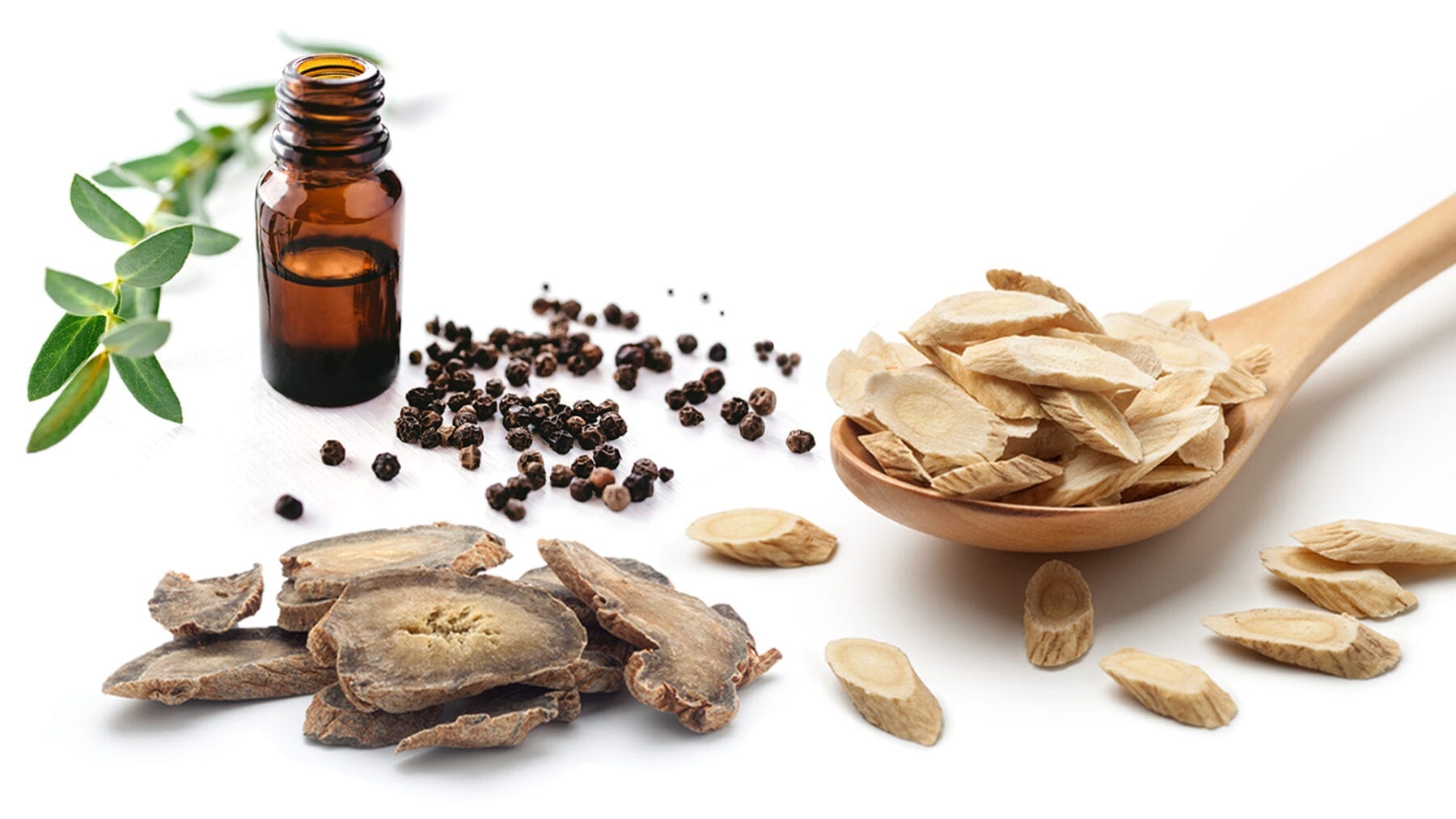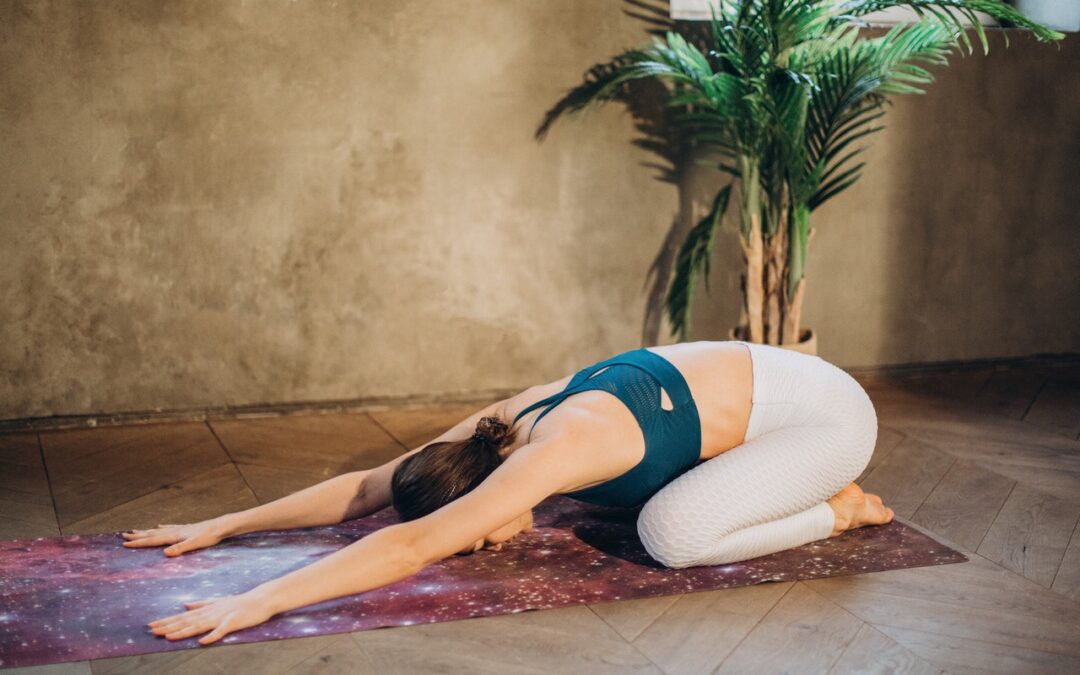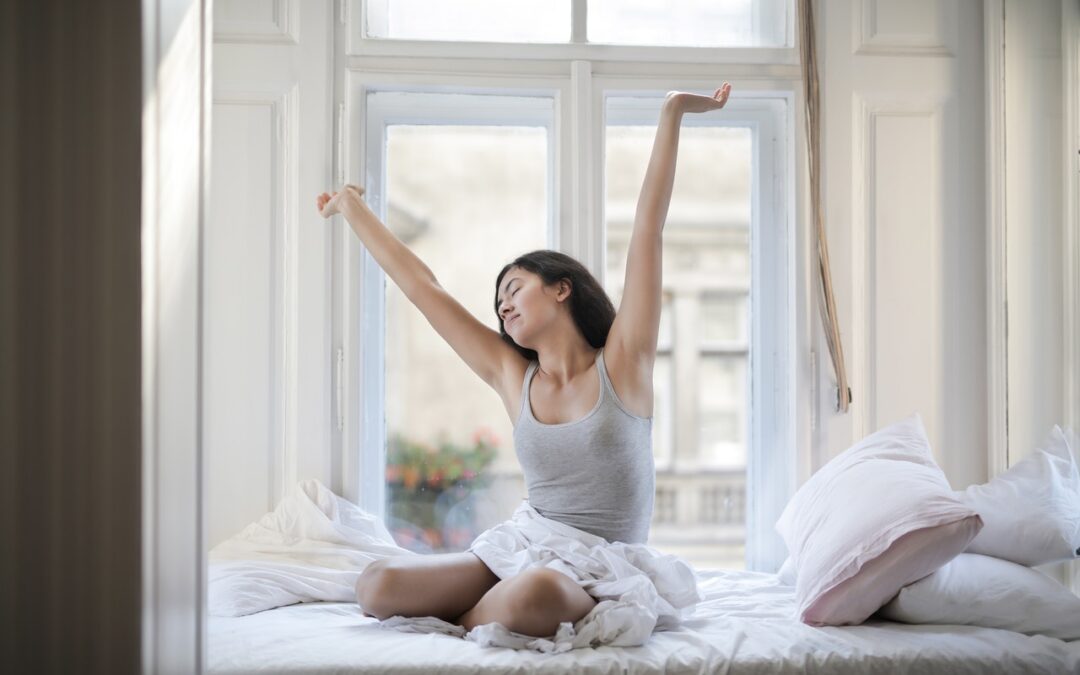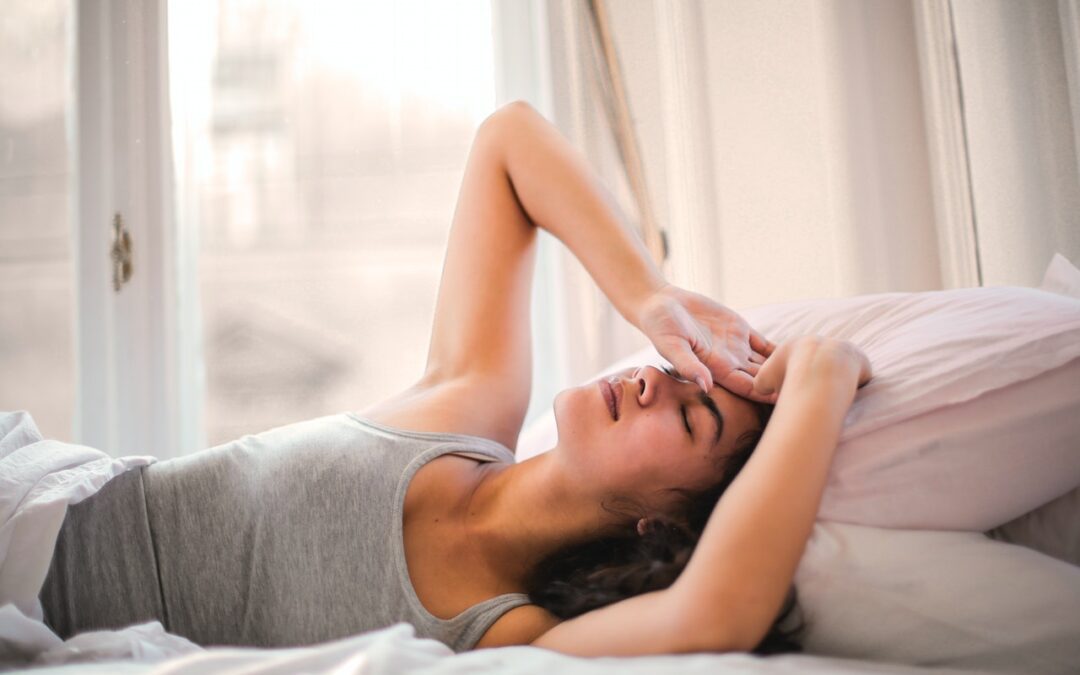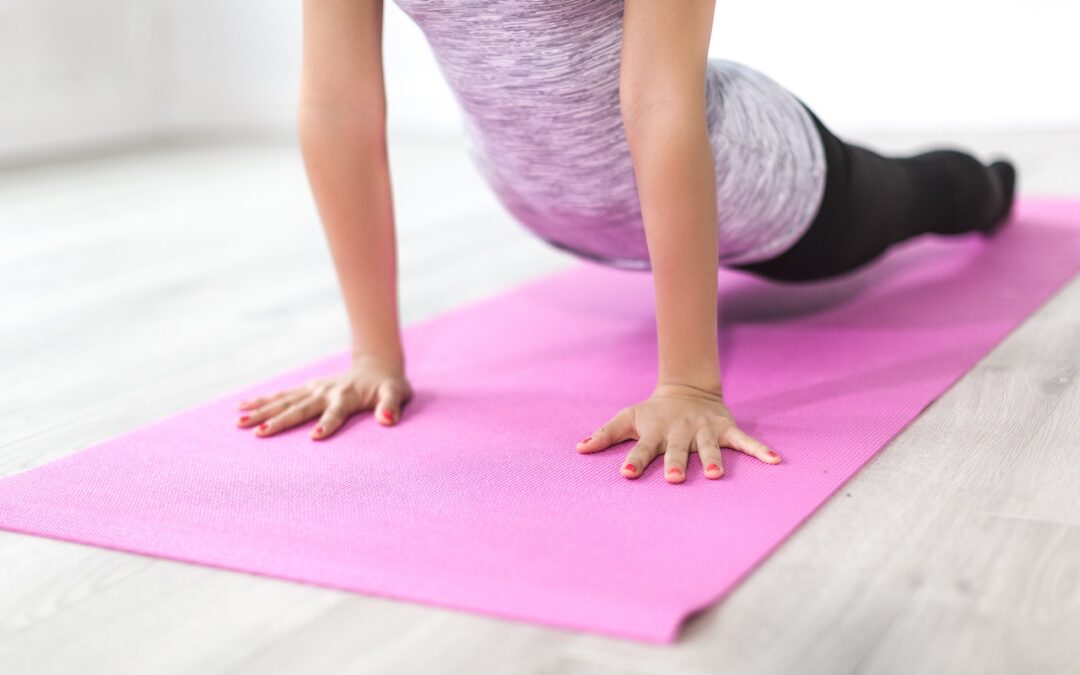
Yoga Poses to Feel Restored
Yoga Poses To Feel Restored

Written by Dr. Hafeez Arshad
May 6, 2021
CATEGORIES
View All
BioWOW Foods® Safety/Quality
Full-Body Workouts
Healthy Eating
Joint Health
Self-Care Strategies
Supplements Guide
Featured Videos
Restorative yoga is a yoga style, which encourages your emotional, physical, and mental relaxation. This style focuses on long holds, deep breathing, and stillness [3]. Health experts claim that it provides several health benefits such as:
• Soothing your nervous system.
• Enhancing your mood.
• Relieving chronic pain associated with osteoarthritis, back pain, and headache.
• Reducing inflammation in your body that leads to diseases like arthritis.
• Improving your overall wellbeing. [6]
Let’s explore some effective poses of restorative yoga:
1.) Fish Pose
This is an excellent yoga pose if you spend a lot of time sitting during the day. It helps to release tension in your shoulders and neck [5].
How to do this pose:
• Start with a seated position.
• Lie on your back and keep your legs folded.
• Extend your arms above your head.
• Take a deep breath while closing your eyes. You will feel relax and calm.
• Keep the pose for 10 minutes. Focus on deep breathing to release stress from your muscles [4].
2.) Child’s Pose
This pose helps relieve fatigue and stress. It gently stretches your hips, spine, shoulder muscles, and hamstrings [5].
How to do this pose:
• Keel on the floor with your knees apart and buttocks on the heels.
• For support, you can place a cushion between your tights.
• Bring your head down towards the floor.
• Extend your arms above your head.
• You can also place a cushion for extra support under your arms.
• Keep the pose for 5 minutes and continue to inhale and exhale deeply. [1]
3.) Corpse Pose
This pose is also known as Savasana. Try this pose for stress relief and deep relaxation.
How to do this pose:
• Put a folded blanket on the top and a bolster at the end of your yoga mat.
• Sit between the folded blanket by keeping your back straight.
• Slowly extend your legs and put on a bolster placed at the end of the mat.
• Lie on your back and slowly put your head on the blanket.
• Place your arms on the floor with palms facing up.
• Remain in the pose for 10 minutes. Continue deep breathing to relieve stress. [2]
Take Away
Breathing techniques are a meditative form of yoga that allows you to focus on your breathing. Restorative yoga is a natural way to energize your body and relieve stress and tension in your muscles, shoulders, and neck.
—
References:
1.) Kiecolt-Glaser, J.K., Christian, L., Preston, H., Houts, C.R., Malarkey, W.B., Emery, C.F. and Glaser, R., 2010. Stress, inflammation, and yoga practice. Psychosomatic medicine, 72(2), p.113.
2.) Salerno, G. and Woodyard, C., 2011. Therapeutic Effects of Yoga. Int J Yoga, 4(2), pp.49-54.
3.) Nayak, N.N. and Shankar, K., 2004. Yoga: a therapeutic approach. Physical Medicine and Rehabilitation Clinics, 15(4), pp.783-798.
4.) Rakhshaee, Z., 2011. Effect of three yoga poses (cobra, cat and fish poses) in women with primary dysmenorrhea: a randomized clinical trial. Journal of pediatric and adolescent gynecology, 24(4), pp.192-196.
5.) IYENGAGR, G., 1982. Yoga.
6.) Kabat-Zinn, J., 2017. Yoga. Mindfulness, 8(2), pp.517-519.
6 Perimenopause Supplements

Written by Dr. Rao Adeel
Doctor of Medicine (MD)



